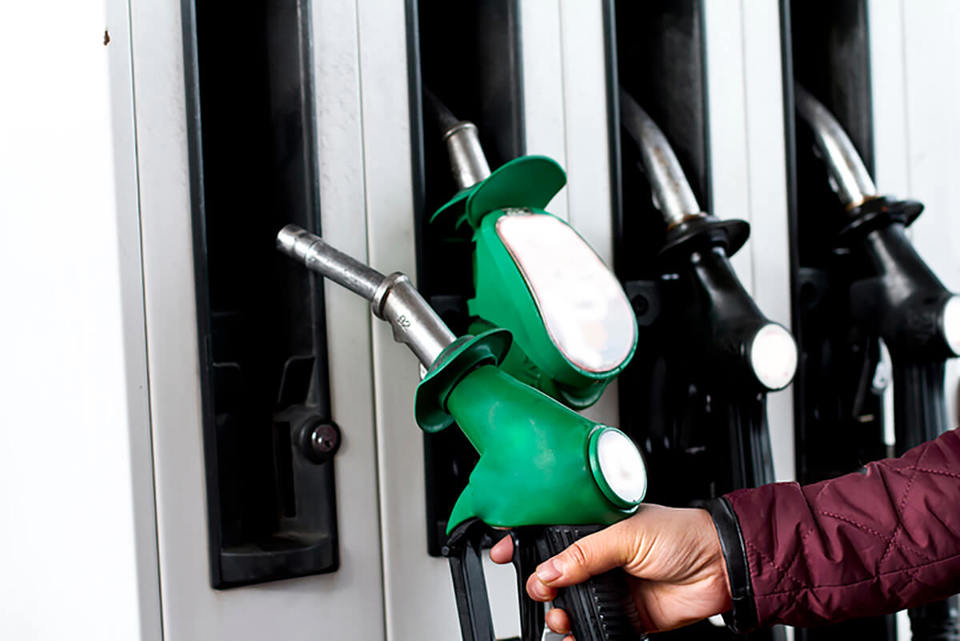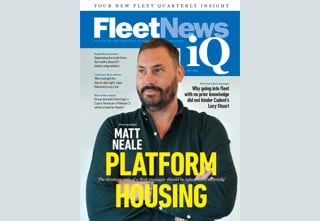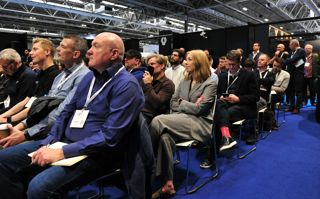Rising fuel prices are one of the main concerns for fleet operators and the latest predictions from the AA suggest the situation is unlikely to ease.
“Fuel prices are very volatile still,” an AA spokesman says. “There is no evidence that prices will fall dramatically.”
Gary Killeen, UK fleet commercial director at GE Capital, says: “It is no surprise that fuel is very much preoccupying fleet managers at the moment.
"The £6 gallon is now commonplace and it is possible by this time next year we will be looking at the £7 gallon.”
At the time of writing the average price of a litre of diesel was 139.5p (up from an average of 120.5p in June 2010) while unleaded was 136p compared to 118p in June 2010.
Factors influencing fuel prices
Tax – fuel duty and VAT – makes up the majority of the pump price, followed by the product itself and the retailer/delivery.
Like other commodities the price of the raw ingredient – oil – is largely driven by supply and demand.
Another important factor is the exchange rate against the dollar as oil is traded in dollars. Mike Waters at Arval says: “Any movement in exchange rates will have an impact either positive or negative on the cost of barrel.”
There are also transportation and refining costs to consider. Refining companies and investment banks can influence price too through speculation.
The Federation Internationale de l’Automobile (FIA) – whose members include the AA and the RAC – has written to the European Union calling for greater transparency on the price of fuel and an investigation into the role of speculators. See www.fleetnews.co.uk/fuel-investigation
Top tips to reduce fuel spend
“While there is little that fleet managers can do to reduce the actual pump price, there is a whole range of strategies that can be adopted to control fuel spend and fuel consumption,” says Gary Killeen.
1 Implement a travel hierarchy
A travel hierarchy is a series of questions drivers should consider before they make a journey such as whether they can have an audio or video conference instead, use public transport or
car share.
“We have tried several methods to get our mileage down but the travel hierarchy has had the biggest impact for us,” says Dale Eynon, head of fleet operations at the Environment Agency. The company has reduced mileage by 31% since 2005/6.























Login to comment
Comments
No comments have been made yet.